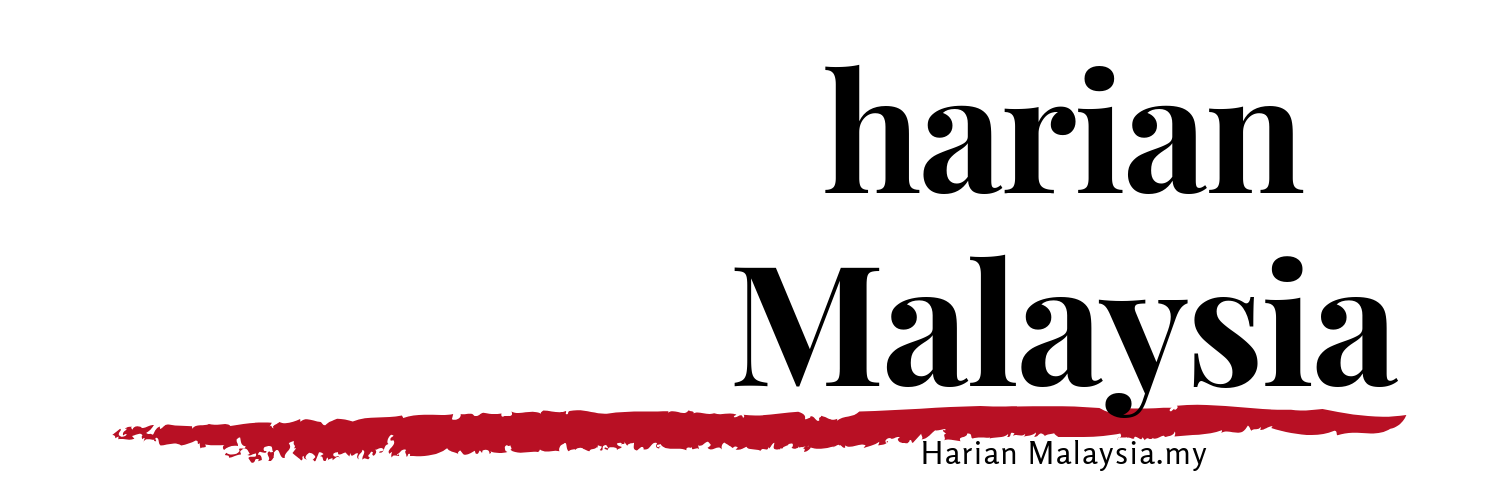Introduction
In today’s fast-paced and interconnected world, staying up-to-date with the latest economic and business trends is crucial for success. Rapid advancements and global challenges continually reshape the terrain of commerce. To thrive in this ever-evolving landscape, entrepreneurs, investors, and individuals alike must embrace and adapt to emerging trends. In this article, we will explore some of the most significant economic and business trends that are shaping industries around the globe, from disruptive technologies to sustainability initiatives.
Disruptive Technologies: A Game-Changer for Businesses
One of the most transformative forces driving economic and business trends is the advent of disruptive technologies. Innovations like artificial intelligence (kecerdasan buatan), blockchain, and the Internet of Things (IoT) have revolutionized industries across the board. These technologies streamline processes, enhance efficiency, and unlock new opportunities for growth.
For instance, artificial intelligence enables businesses to automate tasks, analyze vast amounts of data, and make informed decisions quickly. It has the potential to enhance customer experiences, optimize supply chains, and even predict market trends. Similarly, the blockchain technology is revolutionizing sectors such as finance, supply chain management, and healthcare by offering secure and transparent transactions.
To remain competitive in this digital age, businesses need to embrace and leverage these technological advancements. By incorporating cutting-edge technologies into their operations, organizations can enhance productivity, reduce costs, and drive innovation.
Sustainable Practices: A Path to Resilience
In recent years, the rise of sustainability initiatives has created a significant impact on economic and business trends. Companies are increasingly recognizing the importance of incorporating social and environmental responsibility into their operations. Embracing sustainable practices not only benefits the planet but also helps businesses thrive in the long run.
Consumers are becoming more eco-conscious, favoring brands that prioritize sustainability. This shift in consumer behavior has pushed businesses to adopt eco-friendly practices, such as renewable energy usage and waste reduction strategies. By implementing sustainable initiatives, companies can bolster their brand image, attract a wider customer base, and foster loyalty among environmentally conscious consumers.
Furthermore, sustainable practices go hand in hand with cost reduction and operational efficiency. Utilizing energy-efficient technologies, optimizing resource consumption, and adopting circular economy models can result in substantial savings for businesses. Embracing sustainability is not only ethically sound but also economically advantageous for organizations aiming for long-term success.
The Power of Diversity and Inclusion
Another important aspect of modern economic and business trends is the recognition of the power of diversity and inclusion (kepelbagaian dan inklusiviti). Embracing diversity in the workplace leads to a multitude of benefits for businesses. By nurturing a diverse talent pool, companies can access a wider range of perspectives, ideas, and skills. This fosters innovation, creativity, and problem-solving capabilities within organizations.
Diversity and inclusion initiatives also play a vital role in attracting and retaining top talent. As companies strive for inclusivity and equal opportunities, they build strong employer brands and empower employees to perform at their best. Inclusive workplaces create a sense of belonging, where individuals from various backgrounds can contribute their best work without fear of discrimination or bias.
Conclusion
To navigate the ever-changing economic landscape successfully, businesses and individuals must remain proactive and adaptable. By staying informed about emerging economic and business trends, you can seize opportunities and mitigate potential challenges. From embracing disruptive technologies to incorporating sustainable practices and fostering diversity and inclusion, staying ahead of the curve is key to thriving in today’s competitive world.
As the future unfolds, continuing to monitor and align with economic and business trends will be paramount. By proactively embracing change and leveraging emerging opportunities, organizations and individuals can position themselves for continued growth and success.
FAQ
Q1: How can businesses integrate sustainable practices into their operations?
A1: Businesses can start by conducting sustainability assessments to identify areas for improvement. They can then implement energy-efficient technologies, reduce waste production, and promote the use of renewable resources. Additionally, businesses should work towards sustainable supply chains by partnering with ethically responsible suppliers.
Q2: How can disruptive technologies benefit small businesses?
A2: Disruptive technologies level the playing field by offering affordable solutions that were once only accessible to large corporations. Small businesses can use artificial intelligence for customer analytics, social media management, and automating repetitive tasks. Blockchain can enhance transparency and security for financial transactions, while cloud computing provides flexible and scalable infrastructure.
Q3: How can businesses foster diversity and inclusion?
A3: Businesses can foster diversity and inclusion by implementing unbiased hiring practices, providing equal opportunities for professional growth and advancement, and establishing robust diversity and inclusion policies. It is crucial to create a safe and inclusive work environment where individuals feel empowered to voice their opinions and perspectives. Regular diversity and inclusion training sessions can also help promote awareness and understanding among employees.


